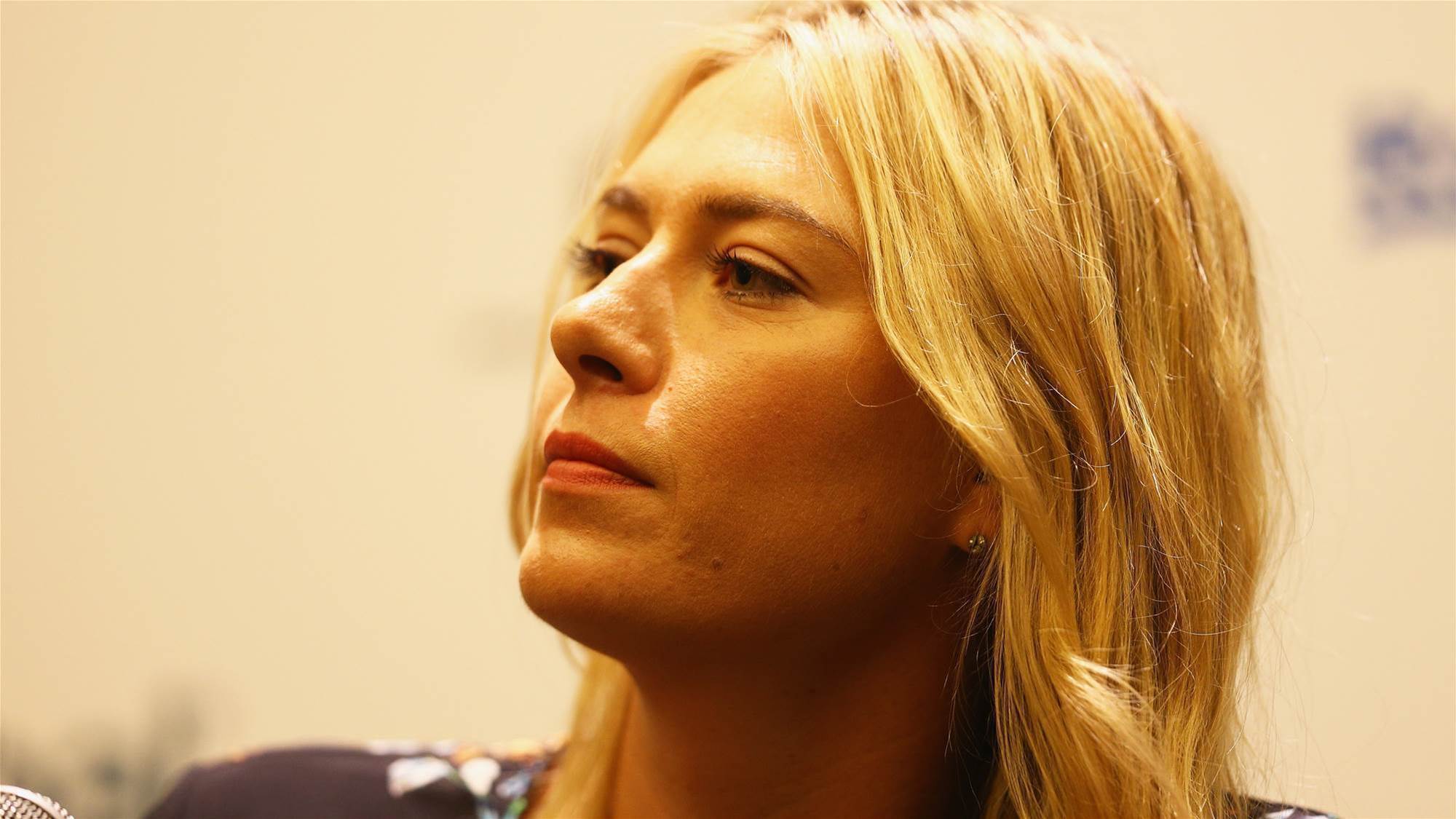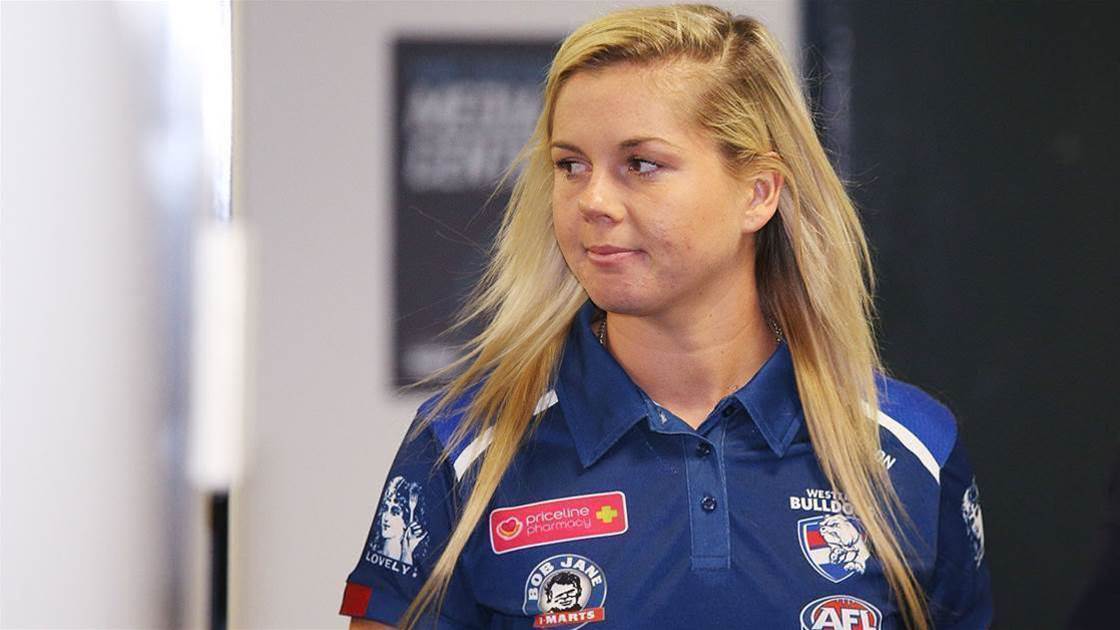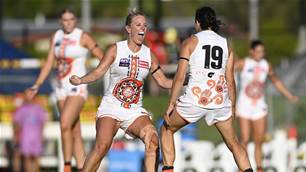Associate Professor Kate Seear says there are some really quirky issues surrounding drugs in sport and the subsequent testing of athletes by WADA and ASADA.
She said there’s a “weird reversal” by some sports in the way they treat their athletes as compared to the way the law treats people in general society.
“If a person is found to have drugs in their system it’s called a strict liability offence, which means that it’s easier for the prosecution or the governing body of a sport to then prosecute that person," Seear said.
“If they’re in your system you’re liable unless you can get out of it through some very technical loophole and there’s broadly in a number of codes a penalty that flows from that.
“That’s quite different to what we’d normally see in other areas of law, where if a person is found to have drugs on them or drugs in their system a person would be innocent or proven guilty and the body: the police or prosecutor who’s alleging you’re guilty of an offence, would have to prove you’re guilty of that offence.
“But it’s kinda reversed a little when it comes to sport and athletes don’t have exactly the same rights and protections, so that’s quite a quirk and it’s quite unusual and it’s often justified on the basis there’s something very special about sport that allows sporting organisations to skip over those ordinary requirements of due process and I think that’s something which is a bit concerning and worthy of discussion and debate,” she said.

The difference is if an athlete has drugs in their system it’s a four year mandatory sentence, whereas in general society the time to be served is “up for discussion and argument and is more nuanced and there might be some room to move” but in sport the penalties are under stricter rules and due process is disregarded and she feels this is concerning as athletes rights are “eroded in a sporting context”.
Seear said some peoples’ perceptions are they see athletes’ as having a high standing in society including wealth and fame, so they should automatically wear the invasions of privacy placed upon them and bear the consequences of their actions if they are deemed to be guilty of having taken illicit substances.
Many sporting organisations regulate both performance enhancing and other illicit drugs so they often have policies that allow for a person to be suspended if they’ve consumed an illicit substance and again some of the normal due processes expected or hoped to see have been unavailable to athletes in some sports and I think that’s a problem.
She also told The Women’s Game about another policy she feels is obtrusive to athletes living their lives and it’s termed the Whereabouts or Requirements policy where athletes “are on the clock” and have to let the sporting authorities know of their whereabouts at all times, so they can be tested at anytime those agencies decide to show up on their doorstep or wherever they may be.
“That’s often justified on the basis of we need to know where athletes are, we need to be able to spring tests on them, when they’re not suspecting so they can’t avoid and evade testers, which is a pretty significant imposition and a major invasion of their privacy is often justified on the basis there’s something special about sport and there’s always a possibility athletes will try to avoid detection, so we need to track and monitor them at all times,” she said.
Even though she feels some athletes are ok with the drug testing agencies policies, some aren’t and therefore there should be some discussion about how much of their rights athletes should have to give up in order to be eligible to keep competing.
“We need to interrogate the logic and the rationale that’s often advanced in support into the types of incursions into athletes lives," Seear said.
“It’s often said, all these things are permissible because there’s something special or unique about sport and also in association with that, the claims often made, because athletes are very privileged, often well paid and have very privileged lives, it should be acceptable for them to give up a few of those basic rights.”
The academic director of the Springvale Monash Legal Service doesn’t see that logic interrogated very well and she feels it needs to be debated to a wider audience with past and present athletes, whose lives have been affected through their own lived experiences, and they should be able to have a say on this subject matter.
She feels it’s a subject the general community doesn’t have a great understanding of or the ability to critically reflect upon, as there’s a misunderstood belief athletes have a great life and therefore their rights are ok to be pinged upon.
She said one athlete who tested sporting policy recently was AFLW player and Western bulldogs captain and marquee player Katie Brennan who was rubbed out of the AFLW grand final earlier this year due to a tackle she made in a lead-up game.
If a male AFL player committed a similar tackle, he simply would’ve paid the fine and laced his boots up for the AFL grand final, but due to the cost of Brennan’s fine being based along a percentage of male salary amounts, it was unfeasible she would line up in this year’s grand final.
 “Katie Brennan sort of had a double penalty in a sense; what I mean by that she was both penalised in the terms of the amount of money she was being paid, because she was a woman in a fledgeling competition which couldn’t apparently pay her more and then she was penalised a second time because she wasn’t paid enough to afford a fine,” she said.
“Katie Brennan sort of had a double penalty in a sense; what I mean by that she was both penalised in the terms of the amount of money she was being paid, because she was a woman in a fledgeling competition which couldn’t apparently pay her more and then she was penalised a second time because she wasn’t paid enough to afford a fine,” she said.
The upshot was Brennan made a complaint to the Human Rights commission and she eventually withdrew it as the AFL came to an agreement to fix their player tribunal process and women will now pay a pro-rata fine.
“Instead of paying a $3,000 or $5,000 fine maybe they [AFLW players] are charged $150 or $300, which would be a portion of their wage and equivalent to the men.
“I think the more interesting thing raised by Katie Brennan’s case and one of the reasons it was really important she took the action she did was because women in the AFLW and it’s possible in other sporting codes around the country as well, it’s possible women have had a system imposed upon them that contains these quirks, that are an artefact or bi-product isn’t supported or structured in the same way men’s.
“She would have been a premiership winning captain and was denied that opportunity in the end and she was denied that opportunity due to that quirk in the system," she said.
Kate will be speaking at The Law and You Forum: Is sport playing by the rules?
If you’d love to hear Kate and her colleagues speak, the forum's open to the public.
It's a free event at the Deakin Edge In Flinders Street, Melbourne, but attendees are required to register.
Related Articles

Korean golf star Byeong Hun An cops doping ban

Socceroo star's message to kids: Don't be an AFL player













